2022 2023
Leadership Report
Learn more about this list of events and register at law.pace.edu/ enviro-events
9th Annual Future Environmental Law Professors Workshop [virtual]
Haub Visiting Scholar in Residence: Dean Blake Hudson, Samford University, Cumberland
Annual Lloyd K. Garrison Lecture on Environmental Law delivered by Professor Sharmila Murthy, Senior Counsel, White House Council on Environmental Quality
Sustainable Business Law Hub Networking and Kickoff Event
Guest Lecture by former Haub Visiting Scholar, Tony Oposa, and Professor Emilie Gaillard, Sciences Po Rennes, France
Book Launch: The Green Amendment: Securing Our Right to A Healthy Environment by alumna, Maya K. van Rossum
Pace Environmental Law Review Symposium: Environmental Constitutionalism [virtual]
Ceremony presenting the Elisabeth Haub Award for Environmental Law and Diplomacy to award recipient Professor Paulo de Bessa Antunes [hybrid]
Joint Colloquium on Environmental Law with the University of Maryland Francis King Carey School of Law 21st Annual Alfred B. DelBello Land Use and Sustainable Development Conference on Land Use Under Siege: Revisiting Well Grounded
Annual Environmental Law and Policy Hack Competition Final Round [virtual]
Monthly Joint Colloquia on Environmental Law with the University of Maryland Francis King Carey School of Law [virtual]
The Jeffrey G. Miller National Environmental Law Moot Court Competition [virtual]
New Directions in Environmental Law Conference + Food Law Student Leadership Summit
Gilbert and Sarah Kerlin Lecture on Environmental Law delivered by Jeffrey Prieto, General Counsel, U.S. Environmental Protection Agency 9th Annual Earth Day Jam
What’s up? The 2022–2023 Calendar of Events Fall September 9 13 –16 15 21 October 24 27 28 November 8 18 December 2 8 Spring January –May February 22 –25 March 31 –April 2 18 21
Message from the Associate Dean & Associate Director of Environmental Law Programs


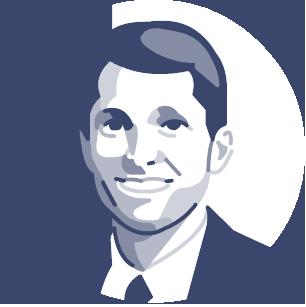
Jason J. Czarnezki Gilbert and Sarah Kerlin Distinguished Professor of Environmental Law; Associate Dean, Environmental Law Programs & Strategic Initiatives
Since its founding decades ago, Pace | Haub Environmental Law led the way in training the environmental leaders and advocates for tomorrow, providing an internationally acclaimed environmental legal education. Our dedicated faculty are pioneers in developing and implementing environmental law and continue to serve as national and world leaders in the field. Our alumni work in law firms, government environmental agencies, corporations, nonprofit organizations, and law schools and universities across the country and around the world. Our students have the benefit of learning and receiving mentorship from experts in the fields of water pollution prevention, sustainable development, food policy, renewable energy, human rights, global environmental law, and corporate environmental social governance. Pace | Haub Environmental Law’s consistent high ranking reflects our place at the pinnacle of the field, and we are again thrilled to have new faces join our ever-growing program.
A Haub Law graduate and former Energy & Climate Fellow, Emma Kate Lagle returned to Pace | Haub Environmental Law in a new capacity this past summer. As the new Staff Attorney at the Pace Energy and Climate Center, she will work with the Center’s partners to promote clean energy and build regional collaboration. Coupled with the re-naming of the “Food and Beverage Law Clinic” to the “Food and Farm Business Law Clinic,” the Pace Food Law Center will be welcoming a new Program Coordinator, Camden Smithtro, who joins us as a graduate of Yale University following her role as a Senior Advisor in Yale’s Sustainable Food Program. We are also delighted to welcome two highly accomplished legal practitioners to our LLM Fellow cohort. Caroline Chen will support the National Environmental Law Moot Court Competition as our Environmental Law Fellow and Argentinian lawyer, Barbara Ballan, is our inaugural Sustainable Business Law Fellow.
Over the past year, as we came to grips with the interconnected realities of the multiple environmental and societal crises we are facing, the Pace | Haub Environmental Law community saw numerous opportunities to fill emerging voids in the environmental legal space. Bolstered by the sentiments conveyed in the 2022 Gilbert and Sarah Kerlin Lecture on Environmental Law delivered by Roger Martella, GE’s Chief Sustainability Officer—that private actors and corporations are poised to lead a new era of environmental progress—Pace Haub Environmental Law continued its path towards building the next generation of sustainable business lawyers through the Sustainable Business Law Hub. As the pursuit of a human right to a healthy environment meandered its way through national and international fora, Pace | Haub Environmental Law students, alumni, and faculty ensured that the topic was at the forefront of emerging discussions. Our efforts to strive for diversity, inclusion, perseverance, and compassion, in our teaching, programs, and activities, have been instrumental in driving and delivering positive impacts for the Program.
Achinthi C. Vithanage Associate Director, Environmental Law Programs; Adjunct Professor of Law
Pace | Haub Environmental Law’s #1 ranking for the past two years is a reflection of the depth and breadth of its stellar program and its focus on innovation. We are grateful to the strong network that is our Pace | Haub Environmental Law community which continues to support our innovative environmental law education. We look forward to what lies ahead for the future of environmental law.

This year, Pace | Haub Environmental Law recognizes Professor John Nolon for his long service to the law school, his direction of the Land Use Law Center and leadership in the field of land use and planning law, as well as his ongoing mentorship of multiple generations of students and faculty.
John R. Nolon Professor of Law Emeritus; Founder, Land Use Law Center
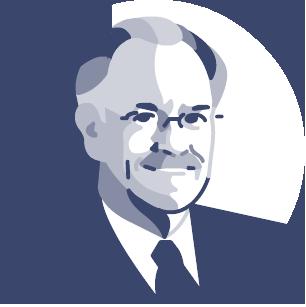
BA, Nebraska; JD, University of Michigan. Expert on land use, property, and sustainable development law.
Professor Nolon will continue to supervise student research and publications regarding land use, sustainable development, climate change, housing insecurity, racial inequity, and the COVID-19 viral pandemic. He remains as Co-Counsel to the Land Use Law Center which he founded in 1993. Professor Nolon is co-author of the nation’s oldest casebook on land use law “Land Use and Sustainable Development Law: Cases and Materials.” In 2014, Professor Nolon was named a Distinguished Professor by Pace University, the highest honor the University can bestow upon a faculty member.
At a law school celebration on April 27, 2022, the Haub Law community celebrated the legacy of Professor Nolon, along with several other distinguished faculty members, including Pace | Haub Environmental Law’s Professor Karl Coplan. While being awarded titles as Emeriti Professors, they will continue to teach, conduct research or be involved with Pace | Haub Environmental Law in some way, shape, or form.
* Spotlights on New Faces
Emma Kate Lagle, Regional Affairs Manager and Legal Policy Advisor, Pace Energy and Climate Center Experience: 2020-2021 Energy and Climate Fellow, Pace Energy and Climate Center; Law Clerk, Cohn & Spector Esqs. and Town of Ossining; Sustainability Project Leader, Greenburgh Nature Center; Project Leader, New York Public Interest Research Group. Recent Activity: Her interest in community-based project development led her to a role as a project leader
Emma Kate Lagle | Staff Attorney, Regional Affairs Manager and Legal Policy Advisor, Pace Energy & Climate Center | B Arts, SUNY New Paltz; JD & LLM, Pace | Haub; MEM, Yale. Promotes clean energy among the Center’s advocacy networks.
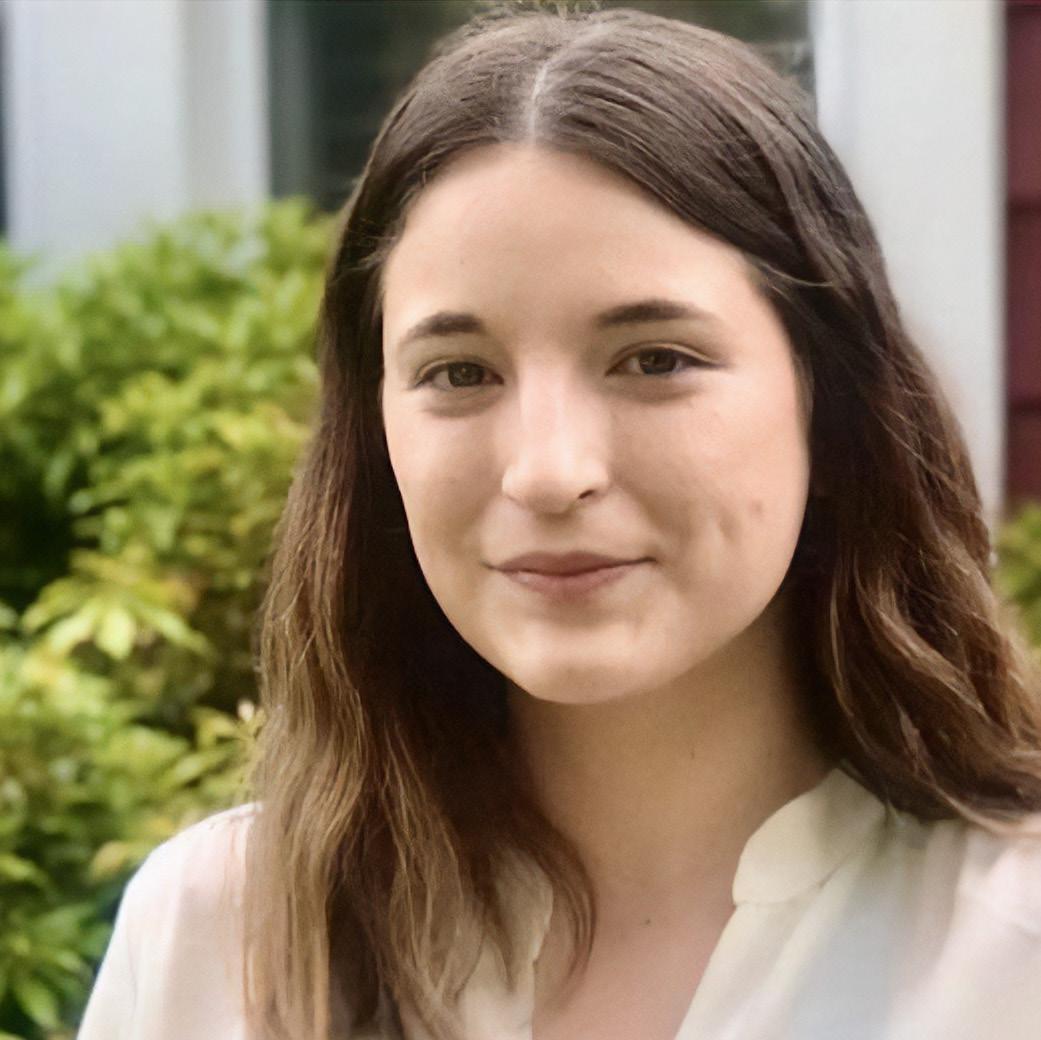
News! Legends at Pace | Haub
for downstate-New York non-profits that organized community-wide sustainability initiatives requiring engagement of local officials, private businesses, and community members. Emma’s efforts culminated in her membership on an inter-disciplinary team, that developed an urban-renewal plan for the West River neighborhood in Connecticut, and which analyzed and presented municipal stakeholders with best approaches to address the area’s economic, recreational, transportation, and coastal resiliency concerns. At Pace Haub Environmental Law: Works with Pace Energy and Climate Center allies on promoting clean energy with the Center’s advocacy networks.
Camden Smithtro, Project Coordinator at the Food and Farm Business Law Clinic Experience: Senior Advisor, Yale Sustainable Food Program; Research Assistant, American Energy History; Intern, The Land Institute. Recent Activity: While undertaking a BA in Environmental Studies at Yale University, Camden served as a Senior Advisor within the Yale Sustainable Food Program. There, she participated in management meetings providing undergraduate perspective, increased student engagement with programming, and advocated for student project proposals. At Pace Haub Environmental Law: Works with the Clinic’s Director, Staff Attorney, and cohort of law students, with a focus on client intake and referrals, case management, media and events, and more.
Noa Ben-Asher James D. Hopkins Professor of Law | LLB, BarIlan University, Ramat-Gan, Israel; LLM, NYU; JSD, NYU. Specializes in Family Law, and Gender and the Law with scholarship on intersection between family law and agricultural subsidies.
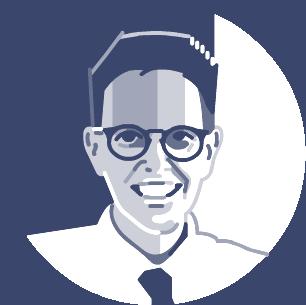

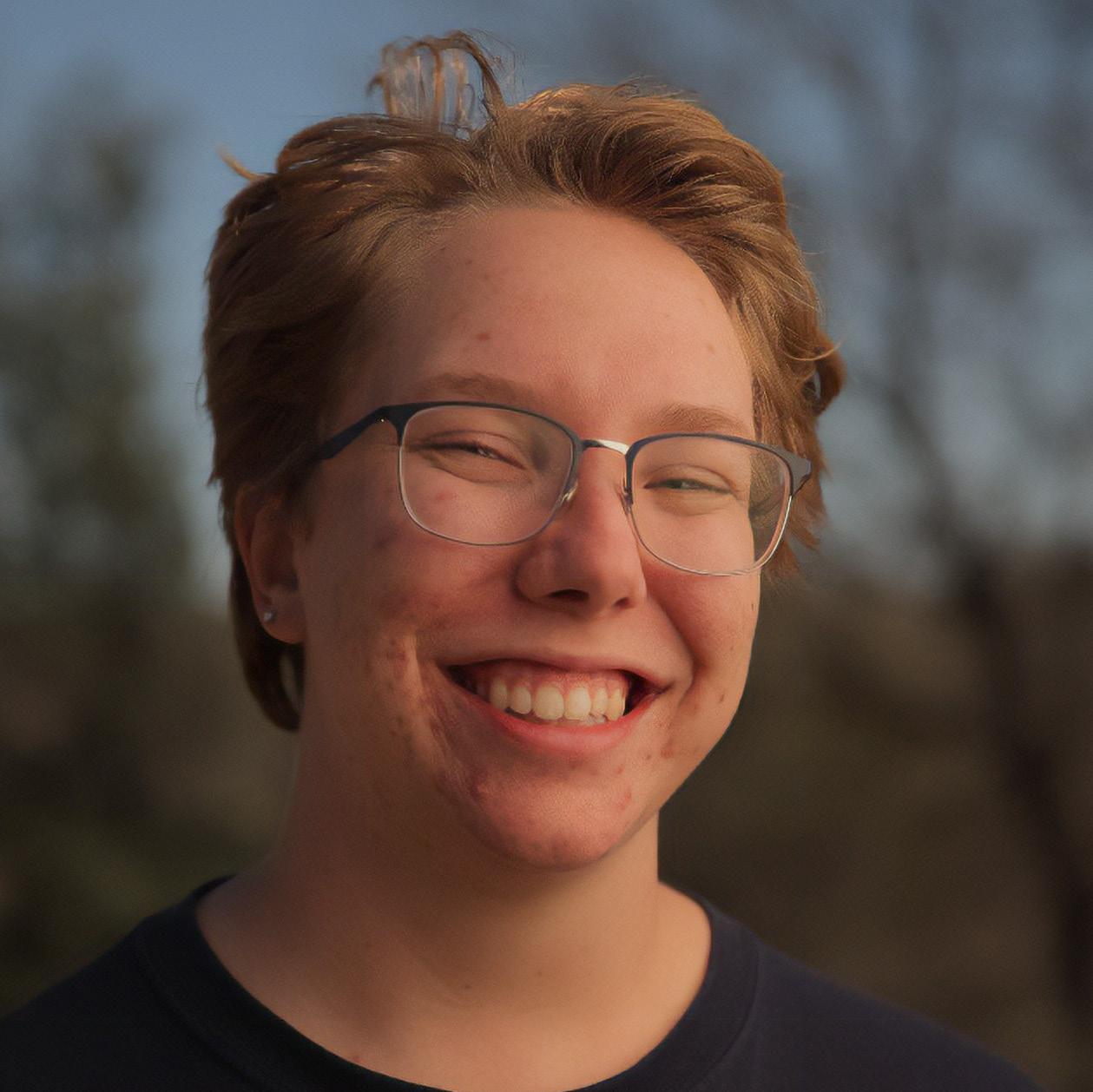 Barbara L. Atwell Associate Professor of Law | BA, Smith; JD, Columbia. Specializes in Bioethics and Medical Malpractice, Health Law, and Public Health Law.
Barbara L. Atwell Associate Professor of Law | BA, Smith; JD, Columbia. Specializes in Bioethics and Medical Malpractice, Health Law, and Public Health Law.
Clinics / Centers / Experiential Learning
The Pace Food Law Center supports legal services and advocacy, faculty scholarship, and student learning in the field of food law.
Highlights: The newly named Food and Farm Business Law Clinic (formerly the Food and Beverage Law Clinic) announced that it will expand its legal services with $225,000 in funding included for the Clinic in the New York State budget. / The Clinic hired Camden Smithtro as its first Program Coordinator. Camden is a graduate of Yale University, where she was the Senior Advisor to the Yale Sustainable Food Program. / The Clinic represented over 30 clients over the course of the past year, with clients ranging from a cooperative of Amish dairy farmers, a small-batch absinthe distillery, a climate-friendly fiber distribution network, and other small farm and food businesses and nonprofits. / As part of the Farm Bill Law Enterprise (FBLE), Pace | Haub Environmental Law professors and students contributed to reports making policy recommendations for the 2023 Farm Bill on climate and conservation, farmworkers, and equity in agricultural production and governance.
@pacefoodlaw
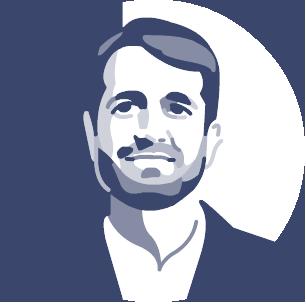
Todd Ommen Managing Attorney, Environmental Litigation Clinic; Professor of Law | BA, Tulane; JD, Villanova. Joined Pace in 2016 after serving as Assistant Attorney General for New York State.
Jack Hornickel Staff Attorney, Food and Beverage Law Clinic | JD & MA Environmental Law and Policy, Vermont. Represents small farm and food businesses. Expertise in farm succession, conservation, land access, directmarket business practices and agricultural real estate.
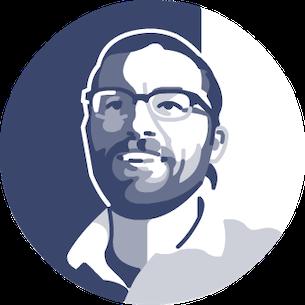

Jonathan Brown Director, Food and Beverage Law Clinic; Professor of Law | BA, UPenn; JD, NYU. Specializes in food and agricultural law and business law.
Students represent public interest groups as part of our award-winning, pioneering Environmental Litigation Clinic
Notable Cases: Adirondack Park: The Clinic filed a Petition on behalf of the Adirondack White Lake Association and Protect the Adirondacks challenging the Adirondack Park Agency’s approval of a permit to operate a granite mine in the Adirondack Park just a few hundred feet from a pristine White Lake. The permit was granted without any public hearing, despite multiple complicated and unresolved issues. The permit is just the latest in 13 consecutive years of the APA granting permits without holding a single hearing. / Water Quality: Representing Riverkeeper, the Clinic challenged New York State’s decision to roll back water quality standards for the waters around New York City. EPA declared that the waters must be clean enough for swimming and recreation on the water back in 2016, but DEC continues to fight those stringent requirements, including by amending its own regulations to remove language stating that the waters must be “suitable for primary contact recreation.” The Clinic challenged this deletion and argued the appeal in the Appellate Division this summer. / Indigenous People and Natural Preservation: The Clinic filed a Petition on behalf of Friends of the Mahicantuck, opposing the approval of a plan to develop a pristine stretch of land along the Hudson River in Troy, New York. The development was approved with no environmental review at all, despite clear impacts to the land, water, and archaeologically significant historic sites of the Mahicantuck. @PaceEnvClinic
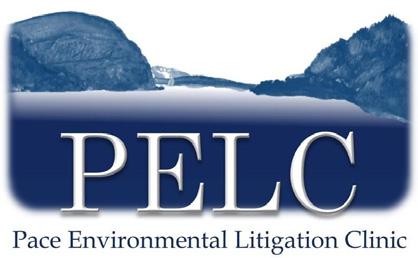
The Land Use Law Center fosters the development of sustainable communities by promoting innovative land use strategies and dispute resolution techniques.
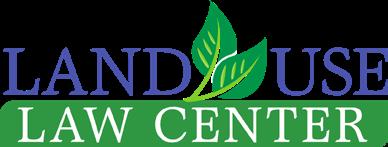
Projects & News: 20th Annual Alfred B. DelBello Land Use and Sustainable Development Conference Rx for Land Use Reform: Meeting the Challenge in a Time of Crisis: Keynote addresses were delivered by Dr. Tiffany Manuel of TheCaseMade, who presented proven strategies for advancing housing issues, and Dr. Arthur C. Nelson, professor at the University of Arizona, who weaved together demographics, economics, technology, and politics to provide a grand vision for America’s future. The conference, which drew over 200 online participants, also featured a panel of LULC student scholars who presented various local land use solutions to the public health threats of four pandemics. / The LULC formally partnered with the Housing Action Council (HAC) to provide expanded housing services in the Hudson Valley The alliance is the logical outgrowth of past collaborations, such as the Land Use Leadership Alliance (LULA) training program and the annual Hudson Valley Affordable Housing Summit, which they will continue to co-sponsor. Under the newly enhanced partnership, LULC staff will lead the HAC in outreach to non-profit organizations, municipalities, developers/builders, affordable housing committees, and coalitions, providing them with research, technical assistance and access to funding and other resources. / The Land Use, Human Health, and Equity Project resulted in 30+ blogs highlighting innovative land use strategies that are being used to help address viral pandemics, housing insecurity, climate change, and racial equity. The final blog synthesizes the lessons learned through the project. The Information gathered by the 40+ Pace | Haub Environmental Law students who worked on the project were distilled into a format accessible to the busiest professors, land use attorneys, planners, advocates, and local legislatures, through the LULC’s social media platforms: LinkedIn, Instagram, and Twitter
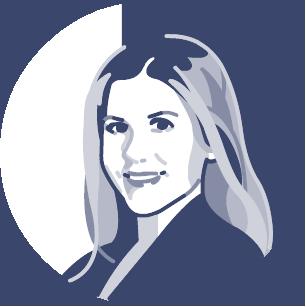
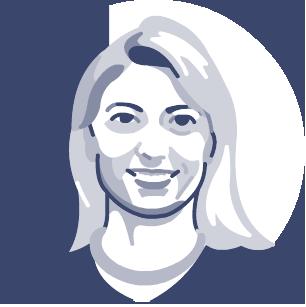
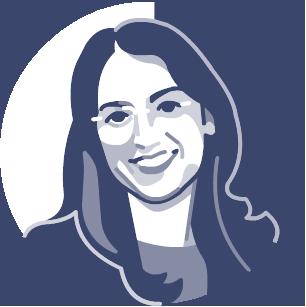
Jessica A. Bacher Executive Director, Land Use Law Center; Adjunct Professor of Law | BS, Florida; JD, Pace | Haub. Specializes in Land Use Law, Advanced Land Use Law, and Sustainable Development Law.
Jennie Nolon Blanchard
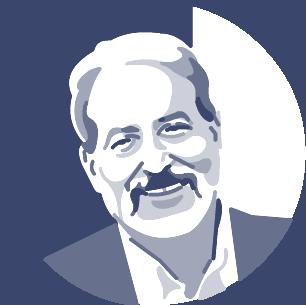
Senior Staff Attorney, Land Use Law Center; Adjunct Professor of Law | BS, Cornell; JD, Pace | Haub; MEM, Yale. Focuses on the growth of urban centers and addressing obstacles to redevelopment and sustainability.
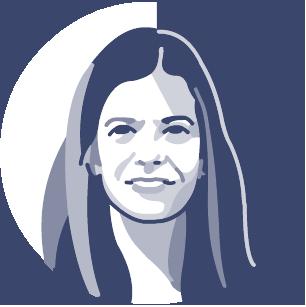
Tiffany Zezula Deputy Director, Land Use Law Center; Adjunct Professor of Law | BS, Tulane; JD, Pace Haub. Land Use Law Center’s trainer of local officials, environmentalists, and planners. Coordinates the national Land Use Leadership Alliance Training Program.
David N. Dorfman
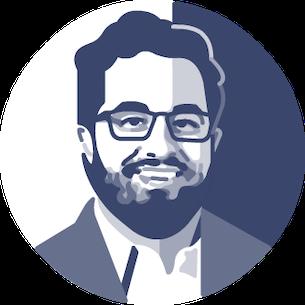
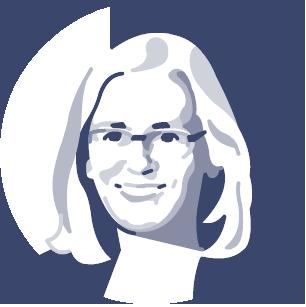
Professor of Law IBA, CUNY Queens; MA, Chicago; JD, Chicago-Kent. Specializes in criminal law and public interest law. Defender of fossil fuel pipeline protesters.
E. Melanie DuPuis Professor of Environmental Studies & Science BA, Radcliffe; PhD, Cornell. Specializes in food systems and agriculture.
Joshua Galperin Assistant Professor of Law | BA, Delaware; MEM, Yale; JD, Vermont. Specializes in environmental law, administrative law, food and agriculture law, and private environmental governance.
@
LandUseLC
Elyse Diamond Director, Public Service Careers, PILC/ CCPD; Environmental Law Programs Career Specialist; Adjunct Professor of Law | JD, Fordham. Specializes in public sector career and professional development.
Richard L. Ottinger Dean Emeritus; Co-Director, Global Center for Environmental Legal Studies; Founder & Faculty Supervisor, Pace Energy & Climate Center | BA, Cornell; LLB, Harvard. Previously a US Congressman (chaired Energy Conservation & Power Subcommittee) and a Peace Corps founder. Chairs the Energy and Climate Group, IUCN Commission on Environmental Law.
A member of the International Union for the Conservation of Nature, the Global Center for Environmental Legal Studies (GCELS) engages in innovative projects addressing global environmental challenges.
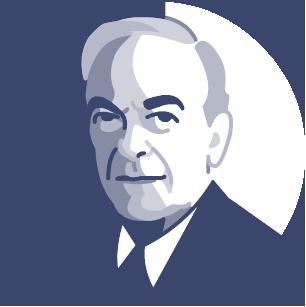

News: GCELS successfully advocated for the adoption of motions to strengthen human rights and environmental justice at the International Union for the Conservation of Nature (IUCN) World Conservation Congress. A Pace | Haub Environmental Law delegation of students, alumni, and faculty joined world leaders and policy-makers to help shape the global conservation agenda. Student members and alumni drafted motions and negotiated for their adoption to ensure that the IUCN called for an end to fossil fuel subsidies, promoted urgent measures to help prevent future zoonotic diseases, and upheld peasants’ rights including the right to food sovereignty. GCELS also helped usher in a historic renunciation by IUCN of the colonial Doctrine of Discovery and successfully supported the creation of a new IUCN Climate Crisis Commission. / In collaboration with the Normandy Chair for Peace and Mohonk Consultations, GCELS co-sponsored the Making Peace with Nature Conference at Mohonk Mountain House, and an Earth Day event presenting the highlights of the Mohonk Conference. / A book launch for the GCELS publication, Fulfilling the Sustainable Development Goals – On a Quest for a Sustainable World, and the book Introduction to Climate Change Law, took place virtually with faculty authors and student interlocutors from Pace | Haub Environmental Law, UPEACE and Jindal Global Law School. / A strong contingent from Pace | Haub Environmental Law participated in the IUCN Academy of Environmental Law’s 2022 Colloquium in Brisbane, Australia. Professor Richard Ottinger presented on Plastics as a Serious Climate Threat; Haub Scholar and Rising 2L, Christopher Sudol, presented on Regenerating Landscapes: Imagining the Renunciation of the Doctrine of Discovery through Legal Land-Use Frameworks; outgoing GCELS LLM Fellow, Claire Sutherlin McLeod, delivered a presentation on her LLM Thesis: Queering the Right to a Healthy Environment. Professor Achinthi Vithanage, as part of the Joint Secretariat for the IUCN Academy, presented during the Collegium and attended the Annual Board Meeting.
@GlobalCELS
The Sustainable Business Law Hub is an incubator space, student-training program, research endeavor, and think tank devoted to addressing global sustainability challenges through policy and research projects, relationships with the business community, and capacity building in private environmental governance.
News: Launched in Fall 2021, the Sustainable Business Law Hub held its first meeting of the Advisory Board. / With initial funding from the Haub Innovation Fund, the Hub introduced a new Sustainable Business Law Hub LLM Fellow position. / The Hub increased collaboration with Pace University’s Lubin School of Business to increase the number of students obtaining the JD/MBA joint degree, including the creation of a program whereby students can obtain both degrees in three calendar years. / The Hub provided three Pace | Haub Environmental Law students the opportunity to be ESG interns with Paul, Weiss, Rifkind, Wharton & Garrison in Spring and Summer 2022. / An initial cohort of six Haub Law students were selected as the Sustainable Business Law Hub Scholars (“SubHub Scholars”). The SubHub Scholars Program is a curricular, scholarship, and mentorship program for students pursuing careers in sustainable business law. / The Hub cosponsored a conference with the Westchester County Association on Sustainable Business on July 14 at Haub Law, featuring Hub Advisory Board Members on the Plenary Session Panel. / The Sustainable Business Law Hub’s Networking Event served as the Hub’s kick-off event.
The Jeffrey G. Miller National Environmental Law Moot Court Competition, hosted by Pace | Haub Environmental Law and run by its students, draws as many as 350 law students and attorney judges to this premier environmental moot court each year, making it the largest interschool moot court competition in the world.
2022 Highlights: Pace | Haub Environmental Law again provided the 34th annual competition virtually on account of pandemic considerations. / Over 300 students representing 52 schools and over 100 judges and brief graders participated. / The final round was presided by four judges: The Honorable Mary-Kay Lynch, Environmental Appeals Judge, U.S. Environmental Protection Agency; Alexandra Dapolito Dunn, Esq., Partner, Baker Botts, LLP; and James May, Distinguished Professor of Law, Founder of the Global Environmental Rights Institute, and Cofounder of the Dignity Rights Project at Widener University Delaware Law School. / Of the 52 participating teams, Lewis &; Clark School of Law took first place, edging out Duke University School of Law and Stetson University College of Law.
@PaceLawNELMCC
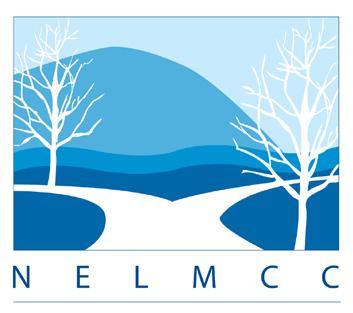
Housed jointly at Pace | Haub Environmental Law and the Getulio Vargas Foundation School of Law in Rio de Janeiro, the Brazil American Institute for Law and Environment (BAILE) advances environmental protection and sustainable development in the US and Brazil.
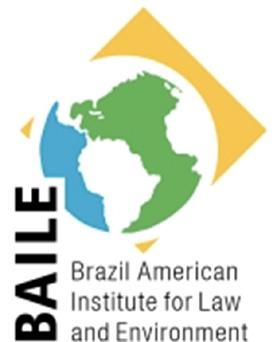
News: BAILE is partnering with Beyond, an NGO incorporated in Rio de Janeiro, to enable BAILE to work more effectively in Brazil. This includes launching capacity building classes on climate change law and other environmentally urgent issues (water law, etc.) in the fall, both remotely and in person. Pace | Haub Environmental Law Professor David N. Cassuto will be the new Director of International Relations for Beyond. / Due to the pandemic’s limitations, BAILE was unable to host the Brazil Comparative Environmental Law course, however five Pace | Haub Environmental Law students completed independent studies on comparative environmental law under Professor Cassuto’s supervision. / BAILE hopes to host the Brazil Comparative Environmental Law course in Spring 2023, allowing Pace | Haub Environmental Law students to learn and compare Brazil and U.S. environmental law with a visit to Brazil.
@PaceBAILE
Jill Gross Senior Associate Dean for Academic Affairs and Law Operations; Professor of Law AB, Cornell; JD, Harvard. Specializes in dispute resolution, ethics, and securities law.
David N. Cassuto Professor of Law; Director, Brazil-American Institute for Law & Environment BA, Wesleyan; MA, Indiana; PhD, Indiana; JD, Berkeley. Specializes in animal, water, and comparative law.
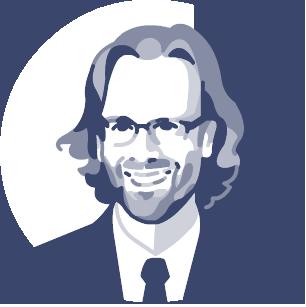
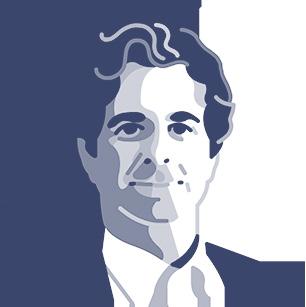
Alexander K. A. Greenawalt Professor of Law; Stevens Family Faculty Scholar | AB, Princeton; MA, Yale; JD, Columbia. Teaches international and administrative law. Researches international humanitarian law.
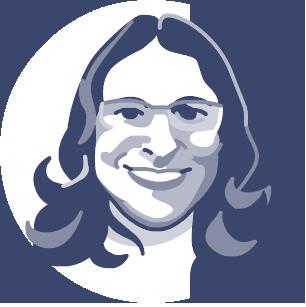
Deborah Heller Director of the Pace Law Library; Adjunct Professor of Law | BS, Pace; MA, John Jay College; JD, Pace | Haub; MLS, St. John’s. Specializes in environmental legal research.
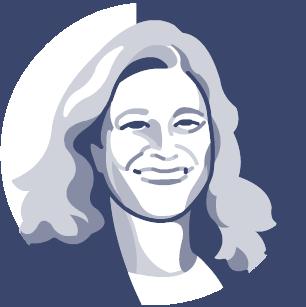
Craig Hart Director, Pace Energy and Climate Center; Adjunct Professor of Law BA, UC Berkeley; JD, UC Berkeley; MS, NYU; PhD, MIT. Specializes in energy infrastructure finance and implementing decarbonization technologies.

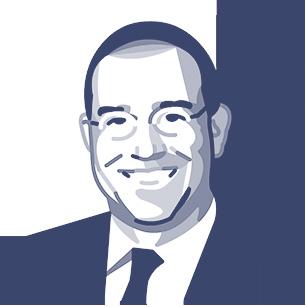
The Pace Energy and Climate Center (PECC) is dedicated to protecting the earth’s environment by transforming the ways society supplies and consumes energy. The Center continues to focus on advancing New York State’s decarbonization goals, as well as working nationally and internationally on promoting clean energy.
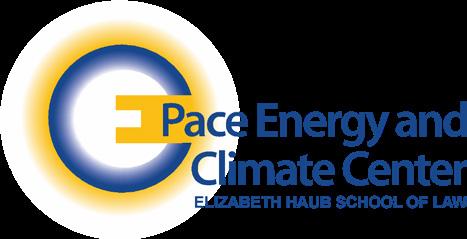
Projects & News: Continuing its work on geothermal energy as a clean alternative source of heat to meet New York’s climate goals, the Center is engaged in eight different district geothermal projects throughout the State by NYSERDA, and is launching the New York State Geothermal Charette to assist municipalities in adopting geothermal, also sponsored by NYSERDA.
Thomas G. Bourgeois
/ The Center is advising Erie County in the design and implementation of its Erie County Low-Income Program for Sustainable Energy (ECLIPSE) which aims to promote community solar adoption and ensure low- and middle-income households share in the benefits of renewable energy adoption. / The Center conducted a study of the socio-economic impacts of solar farming in upstate New York, publishing the results in Strengthening Small Farms and Their Communities Through Solar Farming. The report estimates that a 350 MW solar farm generates between $177 million to $229 million in revenues and other benefits for the local community, such as stabilizing family farms that provide the land, benefits to local businesses from additional household spending, municipal revenues through a proposed payment-in-lieu-of-tax (PILOT), and job opportunities throughout the region. / The Center led a team in drafting regulations for the Honduras Electricity Energy Regulatory Commission to enable the adoption of microgrids to expand access to clean electricity to rural communities, and strengthen the resiliency of communities to catastrophic events.
@Paceenergy
Deputy Director, Pace Energy and Climate Center MA Regional Planning, North Carolina – Chapel Hill. Specializes in energy market conditions, microgrids, CHP, distributed generation, demand response, and renewable energy.
The United Nations Environmental Diplomacy Practicum – a program unique to Pace | Haub Environmental Law – places students in internships with Permanent Missions to the United Nations.
Highlights: The Practicum placed 11 student interns at the UN Mission of Costa Rica, as well as with the Permanent Observer Mission of IUCN. / The UN experience offered opportunities to engage on various environmental matters, including: the UNGA Resolution recognizing a universal human right to a clean, healthy and sustainable environment; the new UN biodiversity framework; negotiations on a legal instrument for Biodiversity Beyond National Jurisdiction (BBNJ); various other resolutions discussed in the Second, Third and Sixth Committees; and sustainable development forums in ECOSOC. / During the seminar component, students discussed the issues, negotiations, and paradigm shifts that unfolded throughout their interactions with the UN through the perspectives of their respective Missions. / Practicum students attended the UN side-event co-organized by the Normandy Chair for Peace, ICEL, and GCELS on Making Peace with Nature initiatives and were invited to attend the Harmony with Nature dialogues at the UN, both on Earth Day, April 22, 2022.
The Washington, DC and New York Environmental Externship Programs give students the chance to gain crucial skills and knowledge while studying with experienced, dedicated practicing professors.
Past Placements / Washington: U.S. Department of Justice (Land Acquisitions Unit; Environment and Natural Resources Division); U.S. Environmental Protection Agency (Office of Enforcement Compliance and Assurance, Environmental Appeals Board, Office of Civil Enforcement); U.S. Coast Guard; U.S. Department of Energy; Federal Emergency Management Agency; D.C. Department of Energy & Environment; Animal Welfare Institute; Chesapeake Bay Foundation; and Sierra Club. New York: U.S. Environmental Protection Agency (Region 2); NYC Landmarks Preservation Commission; NYC Department of Environmental Protection; New York Environmental Law & Justice Project; New York State Department of Environmental Conservation (Region 2); Super Law Group; Waterkeeper Alliance; Earthjustice; and NRDC.
In 2020, the Pace | Haub Environmental Law Program launched the Environmental Law & Policy Hack Competition, an annual, inter-law school problem-solving competition, designed to orient students toward the development of practicable environmental policy.

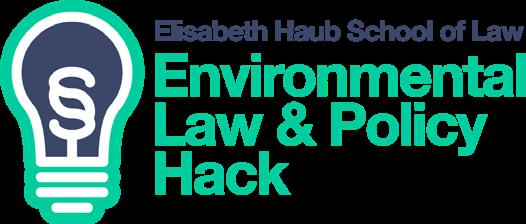
Highlights: The Hack Competition, in its second year, virtually challenged competitors to develop innovative approaches to reduce nutrient pollution. / The judges—David Kanter (Associate Professor of Environmental Studies NYU & Vice-Chair of the International Nitrogen Initiative), Peter Lehner (Managing Attorney and Director Sustainable Food and Farming Program at Earthjustice), Sarah Matsumoto (Assistant Professor of Clinical Education, Willamette University College of Law), and Margot Pollans (Professor of Law at Pace | Haub Environmental Law & Faculty Director, Pace Food Law Center)—brought deep expertise to bear during informative and engaged final round presentations. / Three finalist teams from University of Maryland’s Francis King Carey School of Law, the University of Miami School of Law, and the University of Baltimore School of Law presented their innovative proposals in the final round. The judges selected a proposal to curb nutrient pollution in Biscayne Bay developed by the Miami Law team as the winning entry. / The winning team used its prize money of $2000 to host a panel event about nutrient pollution in the Biscayne Bay, plant a new student-run herb garden on campus that is fertilizer-free, and distribute educational materials regarding the local fertilizer ban.
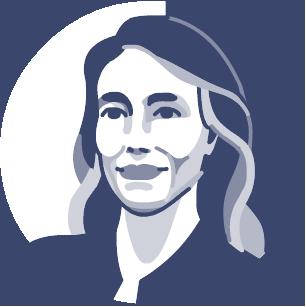
Fischer Kuh Haub Distinguished Professor of Environmental Law | BA & JD, Yale. Specializes in climate change, sustainability, and environmental rights.
Future Environmental Law Professors Workshop: Every fall, the Future Environmental Law Professors Workshop brings visiting assistant professors, fellows, researchers, law clerks, and practitioners together to learn about the environmental law teaching market. The Workshop covers a wide array of subtopics within the field (from animal law to energy law), as well as the history and development of environmental law. It is designed to give advice, inside perspectives, and feedback on the environmental law hiring process, as well as provide opportunities for mock interviews and job talk presentations. Participants have gone on to secure tenure track teaching positions around the country.
Heading into its ninth year, and in light of the current pandemic context, this year’s virtual workshop showcased a panel of professors providing insight on the still timely topic “Navigating the Environmental Law Professor Job Market during the Pandemic.”
Katrina
Recap of 2021–2022 Events

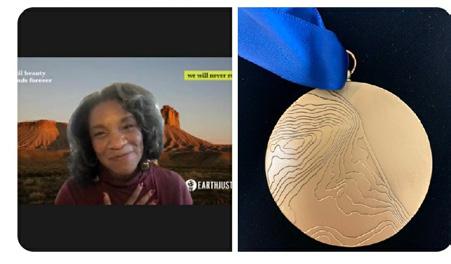
(a) Professor Erika George virtually delivered the Annual Lloyd K. Garrison Lecture on Environmental Law on “Incorporating Human Rights: Corporate Responsibility, Equity, and Just Environments.” (b) General Electric’s Chief Sustainability Officer, Roger Martella, delivered the 22nd Annual Gilbert & Sarah Kerlin Lecture on Environmental Law, focusing on corporate social responsibility and the role of corporations in solving climate change and sustainability. Professor Katrina Fischer-Kuh, who moderated the event, later ponders on some of the key points raised during the lecture in a subsequent article (c) A Pace-Maryland Alliance reunion at the International Union for the Conservation of Nature (IUCN) Academy of Environmental Law’s 2022 Colloquium in Brisbane, Australia: Associate Director of Pace | Haub Environmental Law, Achinthi Vithanage with student Haub Scholar, Christopher Sudol, outgoing Global Center for Environmental Legal Studies Fellow, Claire Sutherlin McLeod, with Professor Bill Piermattei and students from Maryland Law. (d) Professor David Cassuto spoke at the 4th Annual International Seminar on Environmental Law in Peru, discussing international experiences to combat illegal wildlife trafficking: Cases from Brazil and the US. The seminar was hosted by Pace Haub Environmental Law’s partner university, Universidad Científica del Sur. (e) Pace Haub Environmental Law Professors Karl S. Coplan, Shelby D. Green, Katrina Fischer Kuh, Smita Narula, Karl R. Rábago (former professor), and Radina Valova, released their book Climate Change Law: An Introduction, published by Edward Elgar Publishing. The book combines an introduction to the core legal and policy issues presented by climate change with a deeper analysis of decisions that will define the path forward. It offers a guide to key terms, concepts, and legal principles in the field, and was written to help readers develop a sophisticated perspective on issues central to climate change law and policy. (f) 34th Annual Jeffrey G. Miller National Environmental Law Moot Court Competition featuring the Final Round Judges and the winning team. (g) Making Peace with Nature Conference at Mohonk Mountain House and Earth Day event co-hosted by the Global Center for Environmental Legal Studies. (h) The Executive Director of the Land Use Law Center, Professor Jessica Bacher, worked with New York State’s Energy Research and Development Authority to develop a Smart Solar Siting Scorecard that addresses multiple solar siting considerations and site management practices from the perspective of agricultural, environmental, and climate interests. The Scorecard features strategies to avoid sensitive or protected land, minimize project impacts to agricultural and environmental resources, and provide community benefits and collaborate with the community. (i) Online book launch and dialogue about the GCELS-sponsored book, Fulfilling the Sustainable Development Goals and the Pace | Haub Environmental Law faculty-led publication, Climate Change Law: An Introduction (j) Land Use Law Center Student Scholar, 2L William West, is one of 12 Haub Law and Maryland Law students who presented at the virtual monthly Pace-Maryland Online Colloquium. (k) The Sustainable Business Law Hub co-hosted the Westchester County Association Sustainable Business Conference featuring chief corporate sustainability officers and policy experts. The “Regulatory Developments and the Role of Government” panel featured Pace | Haub Environmental Law faculty and alumni discussing recent developments at the intersection of business, law, policy and sustainability. (l) Visiting Assistant Professor Alex Erwin presents at the 8th Annual Future Environmental Law Professors Workshop.
(a)
(b)
§
411.
Karl S. Coplan Director, Pace Envi ronmental Litigation Clinic and Professor of Law Emeritus | BA, Middlebury; JD, Columbia. Expert on constitutional and environ mental law. Litigated many successful public interest environ mental lawsuits.
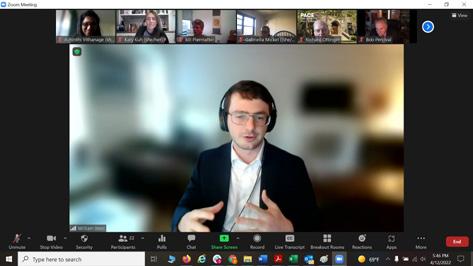

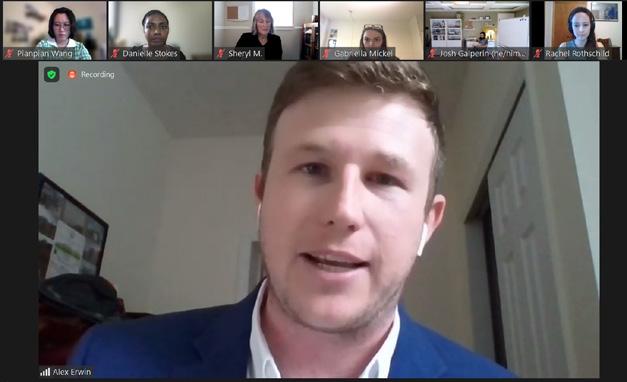
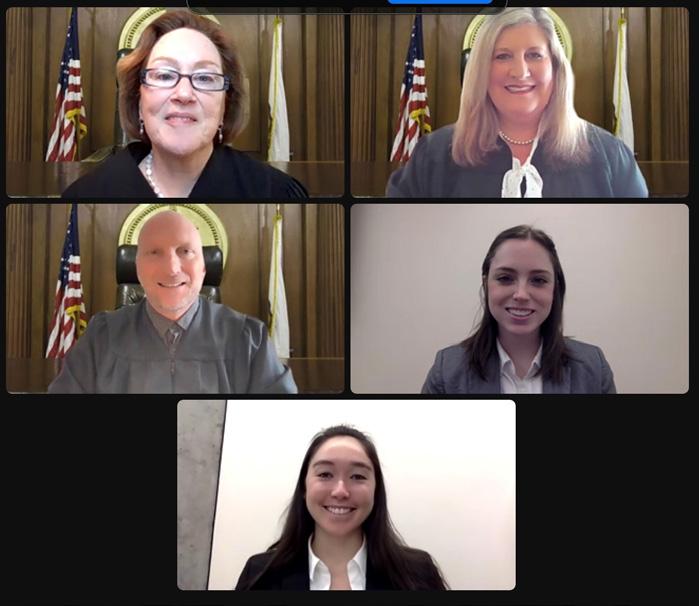
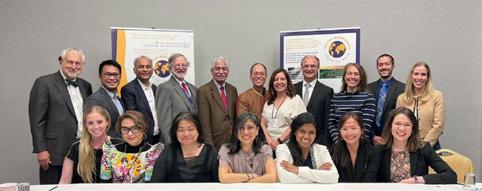
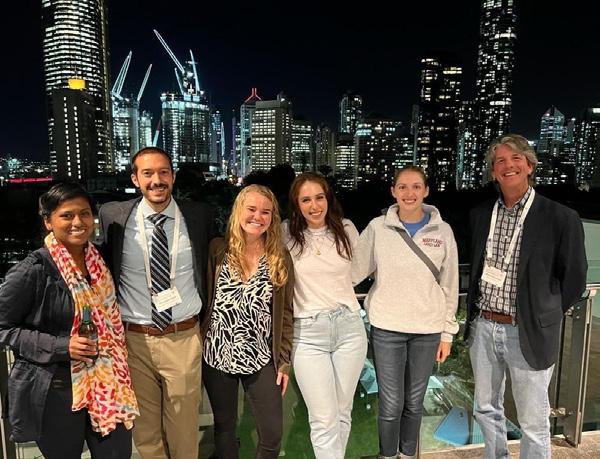
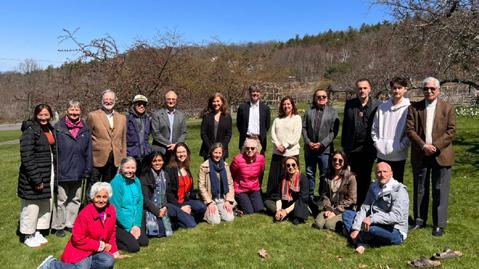
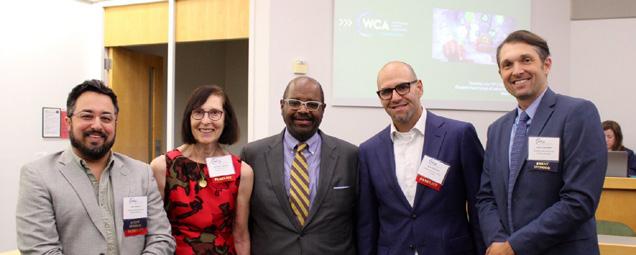
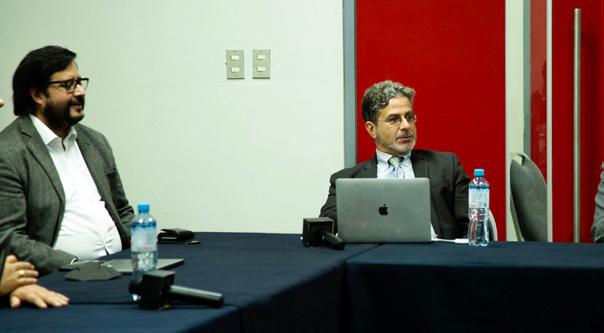
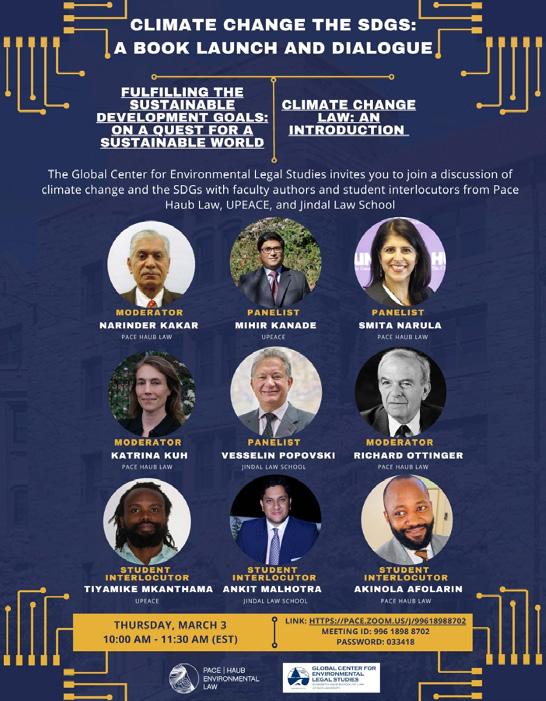
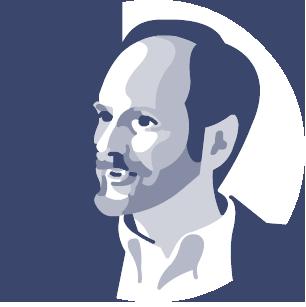
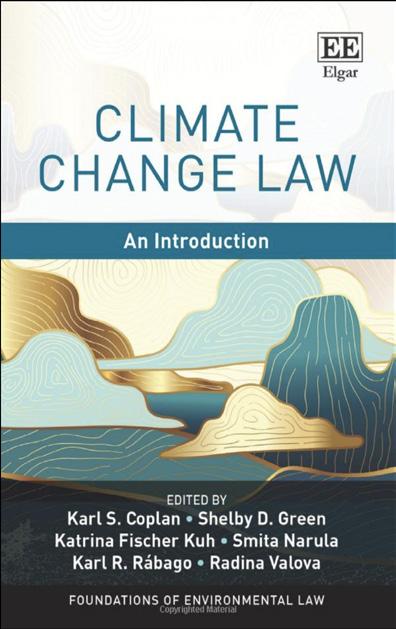
Shelby D. Green Associate Professor of Law; Co-Councel, Land Use Law Center BS, Towson; JD, Georgetown. Specializes in real estate, historic preservation, and property law.
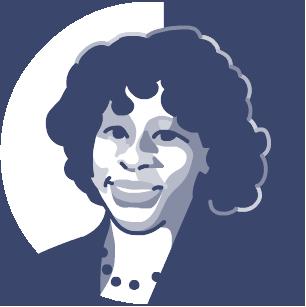
(c) (e) (f) (g)
(d) (i) (j) (k) (h) (l)
Smita Narula Haub Distinguished Professor of International Law; Co-Director, Global Center for Environmental Legal Studies | BA, Brown; MA, Brown; JD, Harvard. Specializes in international human rights, right to food, environmental justice.
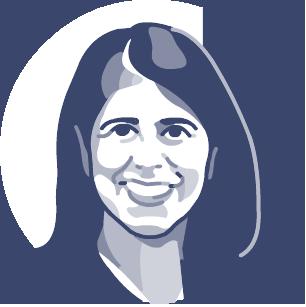
¶ Distinction Awards & Achievements
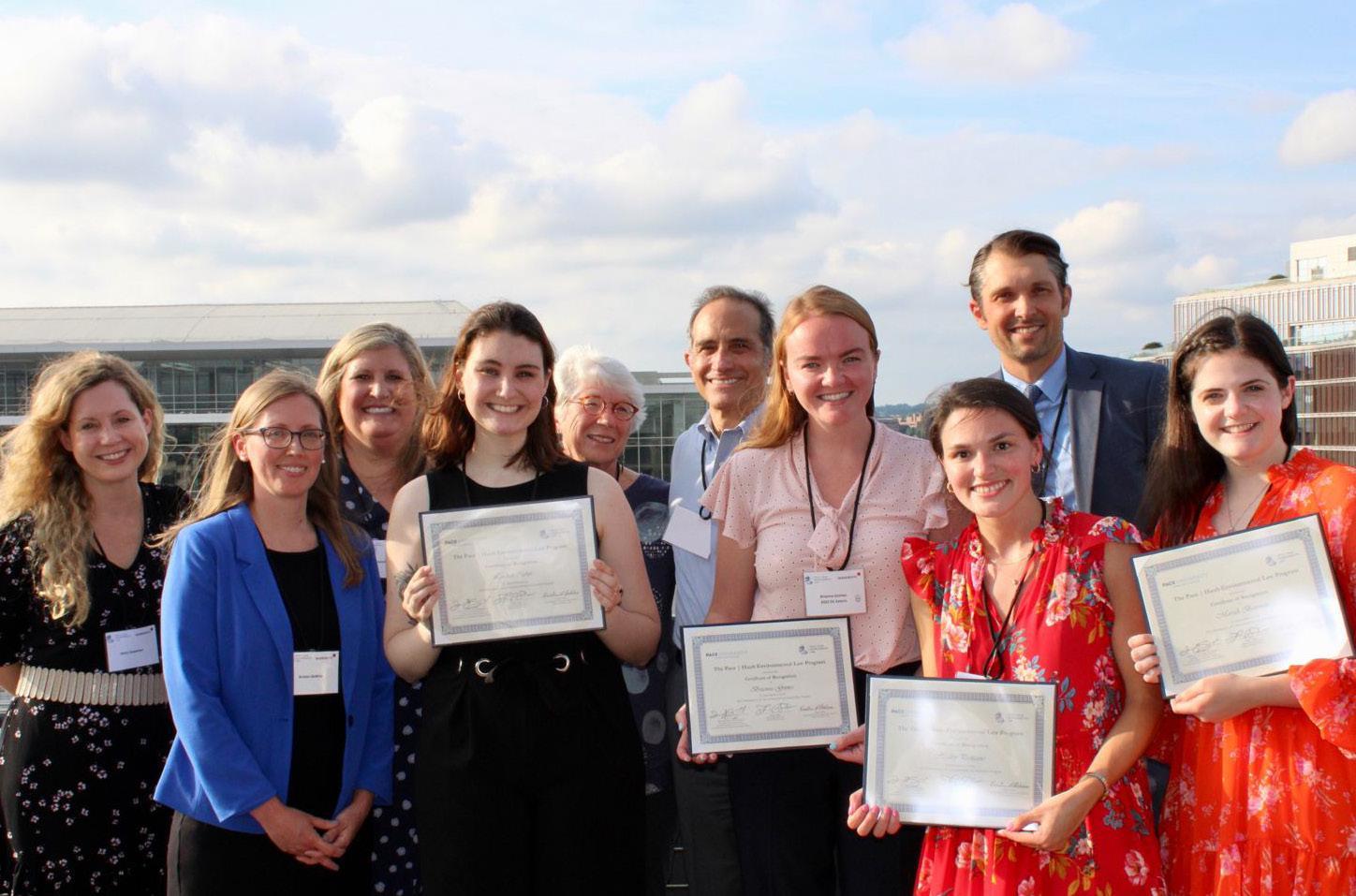
#1 Environmental Law Program: Pace | Haub Environmental Law is once again ranked number one in the country for Environmental Law by the latest U.S. News and World Report rankings, released in March. This is the second year in a row, and the third time in four years, that the program has received the number one ranking in Environmental Law, marking the latest major success for Pace | Haub Environmental Law. The continued Number 1 ranking reflects the program’s impressive depth and breadth, as well as its focus on innovation.
DC Environmental Externship Program Reaches its 25th Anniversary: As of this year, the DC Environmental Externship Program has been running for a solid quarter century, thanks to the dedication and commitment of Professor Steve Solow, who has been teaching the course since its establishment. Over the years, he has been joined by various Pace | Haub Environmental Law alumni as co-teachers and mentors for the DC interns. During these 25 years, over 200 students have undertaken the DC externship program working in an array of state and federal environmental agencies, environmental NGOs, and law firms. Many of these students have found permanent careers in DC and continue to give back to the DC externship program as intern supervisors and mentors. A hearty congratulations goes out to Professor Solow and all who have had the opportunity to participate in this program, as a student, supervisor, teacher, or mentor.
2022 Faculty Award for Excellence in Teaching: Professor Smita Narula was selected to receive the 2022 Faculty Award for Excellence in Teaching. Each spring, the Faculty Development Committee selects a member of the tenured or tenuretrack faculty or a visiting professor with a contract longer than one year to receive the award. The Faculty Award for Excellence in Teaching recognizes that outstanding pedagogy occurs in a variety of settings at the Law School—it can be found in courses of all sizes and types, in teachers with diverse styles, and across subject matters.
ABA SEER 2021 Lifetime Achievement Award: Emeritus Professor Jeffrey G. Miller was honored with the 2021 American Bar Association Section on Environment Energy & Resources (SEER) Lifetime Achievement Award at a virtual event on November 18. SEER recognizes individuals, entities, and organizations that have made significant accomplishments or demonstrated recognized leadership in the environment, energy, and natural resources legal area. Fellow colleagues and former students joined the event in support of Professor Miller’s more than 50 years of service in the field of environmental law, fondly remembering his groundbreaking contributions, his high standards in education, and his sense of humor.
Pace Energy and Climate Center’s Clean Energy Portal Receives EcoAward: Together with its partner, Westchester County Association, the Pace Energy and Climate Center was recognized by Westchester County with an EcoAward for its Clean Energy Program Portal, a searchable guide to help Westchester businesses find available clean energy programs and incentives. The Eco Awards recognize outstanding contributions to the environment and sustainability efforts made by residents, students, schools, municipalities, businesses, and other organizations. Congratulations to Dr Craig Hart and to all involved at the Pace Energy and Climate Center!
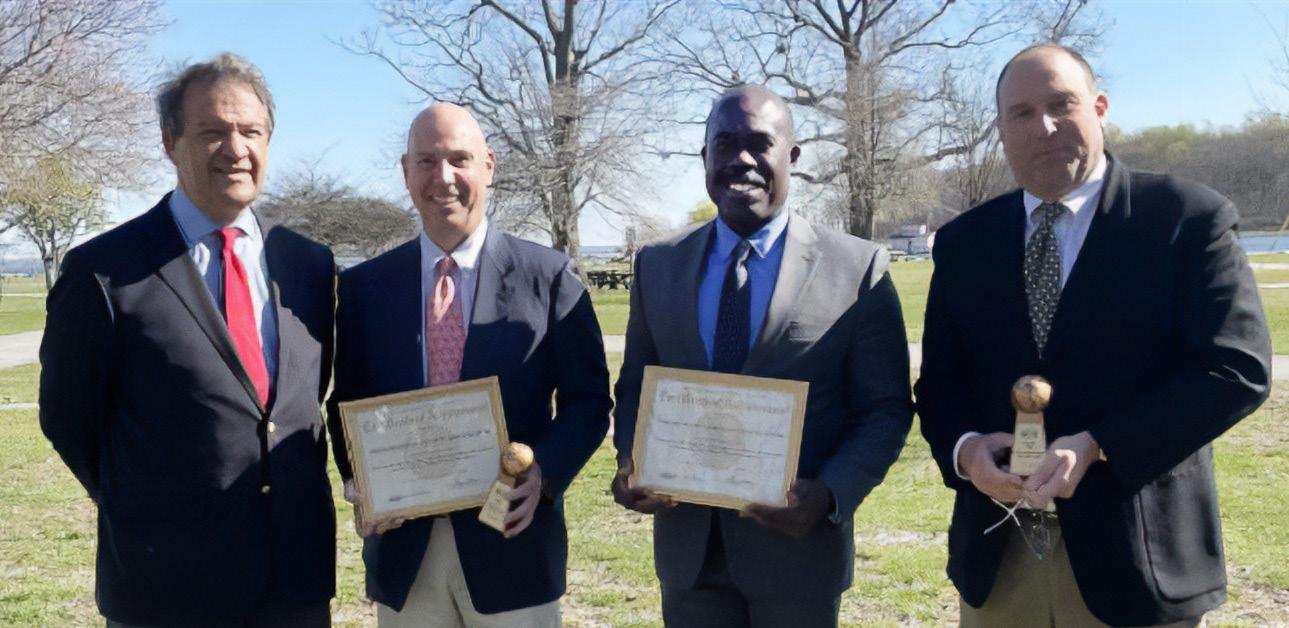
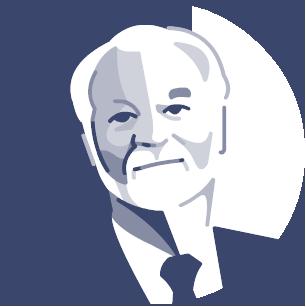
Jeffrey G. Miller Professor of Law Emeritus BA, Princeton; LLB, Harvard. Joined the faculty in 1987 after heading the US EPA’s national enforcement program and beginning the agency’s hazardous waste enforcement program.
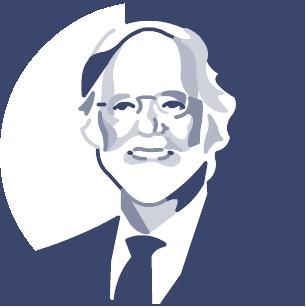
Michelle Land Clinical Associate Professor, Dyson College of Arts & Sciences BS, Guelph; JD, Pace | Haub. Specializes in environmental law and policy, wildlife biology, interdisciplinary education, and campus sustainability. Leads the Environmental Consortium of Colleges & Universities.
Ann Powers Professor of Law Emerita | BA, Indiana University; JD, Georgetown. Specializes in ocean and coastal law and international environmental law.
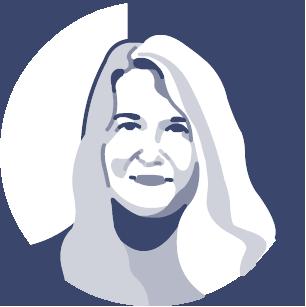
Nicholas A. Robinson Professor of Law; University Professor on the Environment; Gilbert & Sarah Kerlin Distinguished Professor of Environmental Law Emeritus | BA, Brown; JD, Columbia. Developed the field of environmental law since 1969. Served as legal advisor, White House Council on Environmental Quality; general counsel, NYS Department of Environmental Conservation; and legal advisor and chairman, Commission on Environmental Law, IUCN.
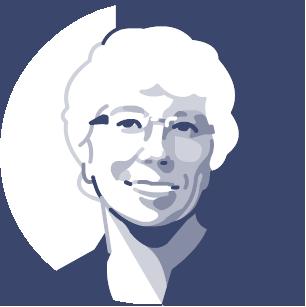
Elisabeth Haub Awards for Environmental Law and Diplomacy: On October 12, Haub Law virtually conferred the 2020-2021 Elisabeth Haub Award for Environmental Law and Diplomacy on Ugandan climate justice advocate, Vanessa Nakate, and Professor Wang Xi, an environmental law scholar and advocate with Kunming University of Science and Technology in China. This year’s award differed from that of the past, in that it highlighted the intergenerational nature of leadership in the environmental realm. Both award recipients have uniquely served to protect the environment and advance climate justice. Their panel discussion, moderated by Pace Haub Environmental Law Professor Smita Narula, splendidly showcased why they serve as inspiring role models for driving global environmental change in our time. The widely viewed virtual award ceremony attracted attendees from Canada, China, Costa Rica, Finland, France, Germany, Indonesia, Kenya, Malawi, Mexico, Morocco, Philippines, Singapore, Spain, Sweden, and all across the United States.

This year, the international jury tasked with selecting the 2022 Laureate for the Elisabeth Haub Award for Environmental Law and Diplomacy chose Professor Paulo de Bessa Antunes, who has contributed immensely to the development of Brazilian environmental law. With a long legal career in public and private practice, he has been a pioneer in environmental protection within Brazil’s Federal Prosecutor’s Office for three decades. Most recently, he co-authored an Open Letter to President Jair Bolsonaro expressing concerns over Brazilian environmental policy under the current Administration, sparking great social repercussion in the country. The award’s conferral on Professor Bessa Antunes comes at a critical moment when deforestation of the Amazon rainforest in Brazil is advancing notwithstanding the impacts of climate change challenging human and environmental resilience. This prestigious Award was established in 1997 to honor the legacy of Elisabeth Haub (1899-1977), a noted philanthropist and advocate for strong laws for the conservation of nature. The Award was established to commemorate the 25th Anniversary of the United Nations Stockholm Conference and the 5th anniversary of the United Nations Rio de Janeiro Earth Summit.
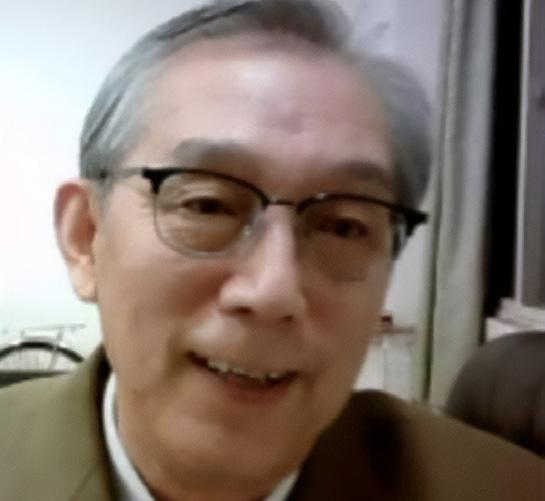
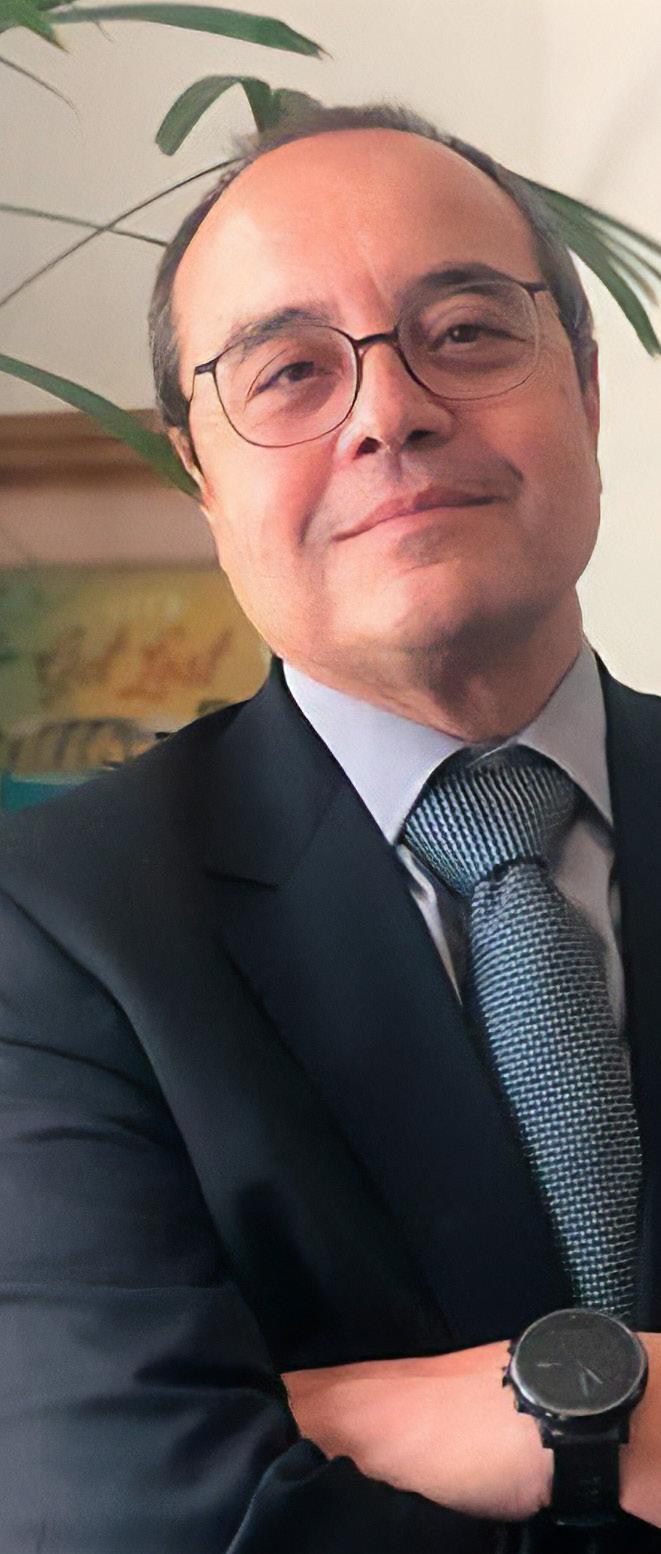 Jason J. Czarnezki
Jason J. Czarnezki
Kerlin Distinguished Professor of Environmental Law; Associate Dean, Environmental Law Programs & Strategic Initiatives
BA, Chicago; JD, Chicago. Specializes in natural resources, environmental regulation, eco-labeling, sustainable business, and green public procurement.
Curriculum:
Administrative Law
Advanced Land Use and Sustainable Development Law
Advanced Research Skills for Environmental Law
Agriculture Law and the Environment
Animal Law
Climate Adaptation and the Law
Climate Change Law
Comparative Environmental Law Comparative Environmental Law –Brazil Field Course
Conservation Law
Current Challenges in Environment Law
Disaster Law and Emergency Preparedness
Energy Law
Environmental Litigation and Toxic Torts
Environmental Law in Commercial Transactions
Environmental Dispute Resolution
Environmental Justice Environmental Litigation Clinic
Environmental Skills and Practice: Clean Water Act
Environmental Law Survey
Externship – D.C. Environmental Law
Externship – NYS Environmental Law
Externship – Corporate (ESG)
Externship – Social Justice (EJ)
Food and Beverage Law Clinic
Food and Beverage Law Seminar
Food Systems Law Guided Research
Achinthi C. Vithanage Associate
Director, Environmental Law Programs; Adjunct Professor of Law | LLB/BInst, UNSW, Sydney Australia; LLM, Pace
Haub. Former Visiting Associate Professor at GW Law. Specializes in International Environmental Law, Energy Justice, Sustainable Development, High Seas Biodiversity Law.
Hazardous Waste Historic Preservation
Human Rights and the Environment International Environmental Law Land Use Law
Legislative and Regulatory Process
Natural Resources Law Ocean and Coastal Law
Pace Environmental Law Review Editorship
Public Health Law Science for Environmental Lawyers
Sustainable Business and the Environment
Sustainable Development Law Survey United Nations Environmental Diplomacy Practicum Water Rights Law
Degree Programs:
JD with Certificate in Environmental Law
JD with Concentration in Land Use & Real Estate Law
LLM in Environmental Law
LLM, Energy & Climate Change Specialization
LLM, Land Use & Sustainable Development Specialization
LLM, Global Environmental Law Specialization
SJD in Environmental Law
Joint Degree Programs:
JD/MEM with Yale School of Forestry & Environmental Studies
JD/MS in Environmental Policy with Bard Center for Environmental Policy
JD/LLM in Environmental Law
JD/MBA with Lubin School of Business
JD/MEP with Pace University
JD/MPA with Pace University
JD/MA with Sarah Lawrence College
Pace | Haub Environmental Law 78 North Broadway White Plains, NY 10603 www.law.pace.edu/environment facebook.com/PaceEnviroLaw @ PaceEnviroLaw @ HaubEnviroLaw @ haubenvirolaw #SocialJustice #EnvironmentalJustice The original document was printed on FSC-certified paper using Green-e certified renewable energy. Pace is committed to a sustainable campus. See our sustainability policy at www.law.pace.edu/sustainability Miles 0 1/4








 Barbara L. Atwell Associate Professor of Law | BA, Smith; JD, Columbia. Specializes in Bioethics and Medical Malpractice, Health Law, and Public Health Law.
Barbara L. Atwell Associate Professor of Law | BA, Smith; JD, Columbia. Specializes in Bioethics and Medical Malpractice, Health Law, and Public Health Law.

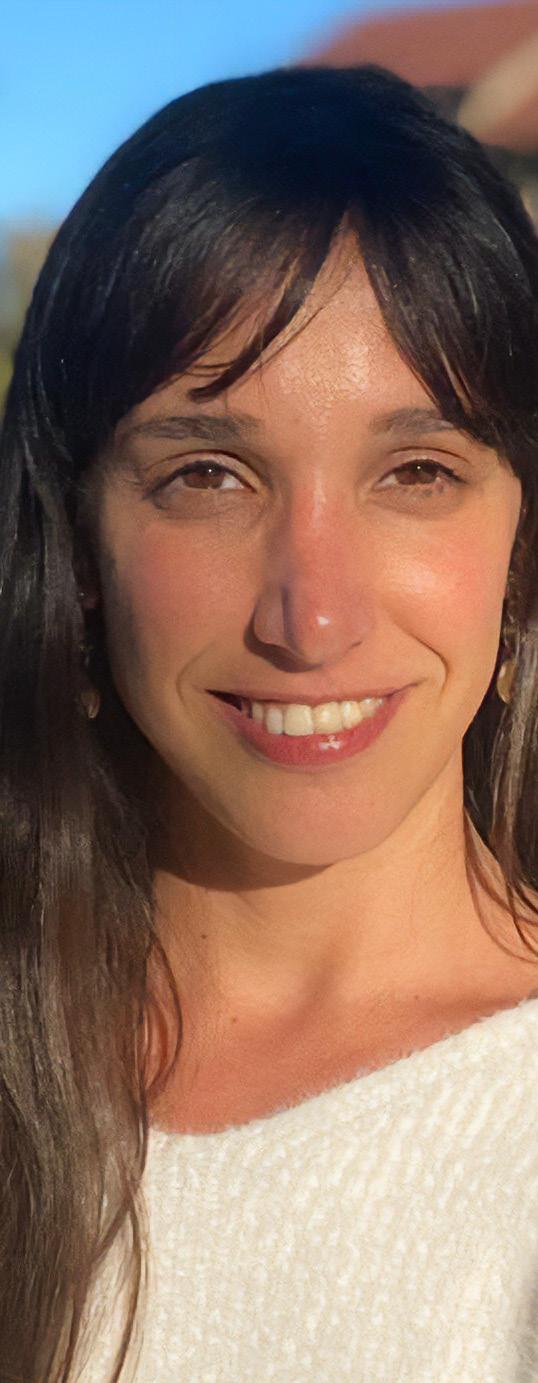
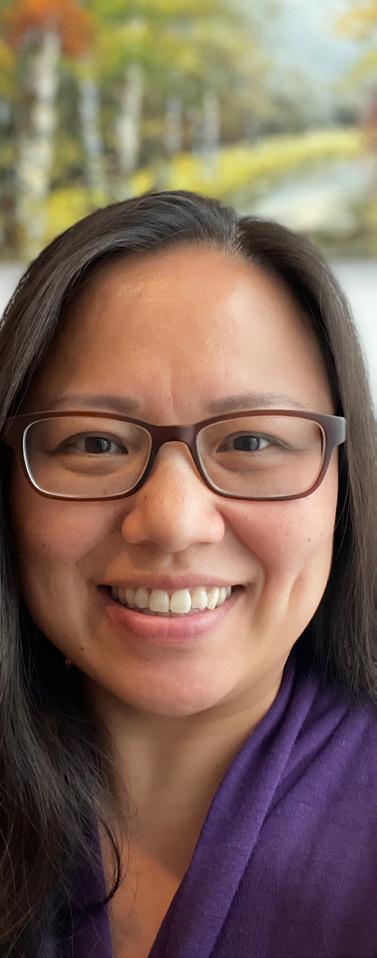
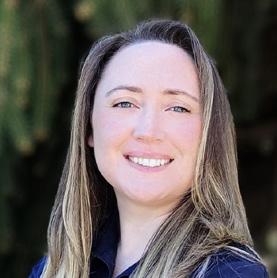
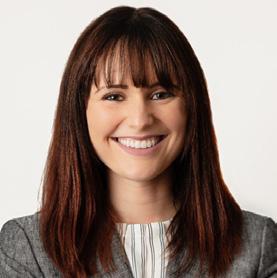
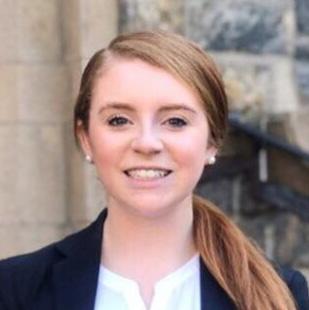
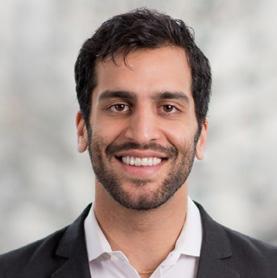
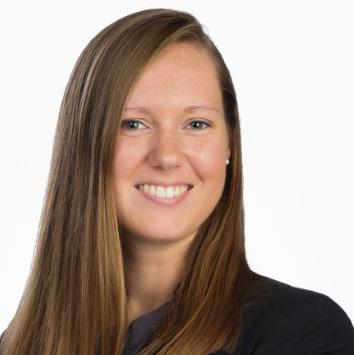
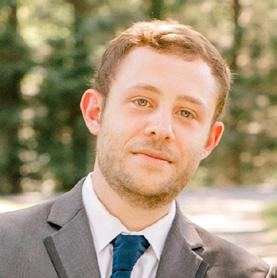

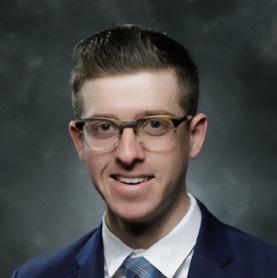
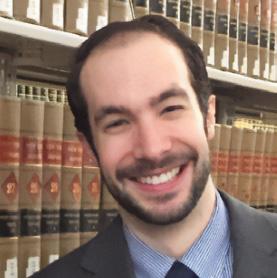
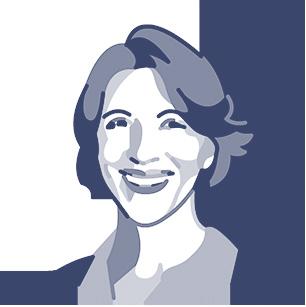


















































 Jason J. Czarnezki
Jason J. Czarnezki